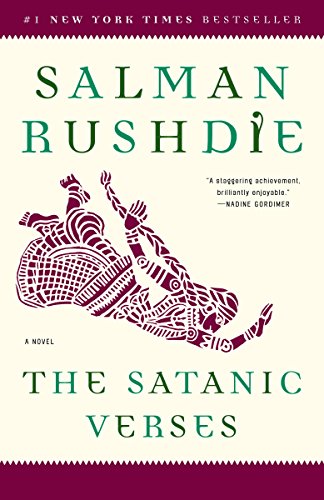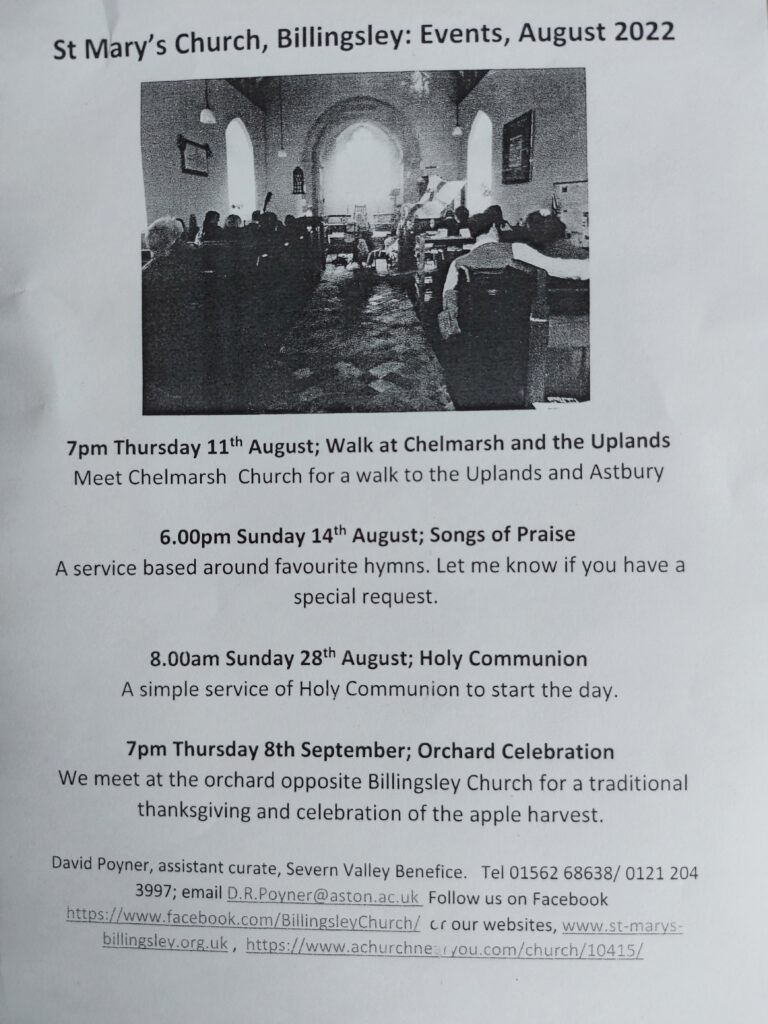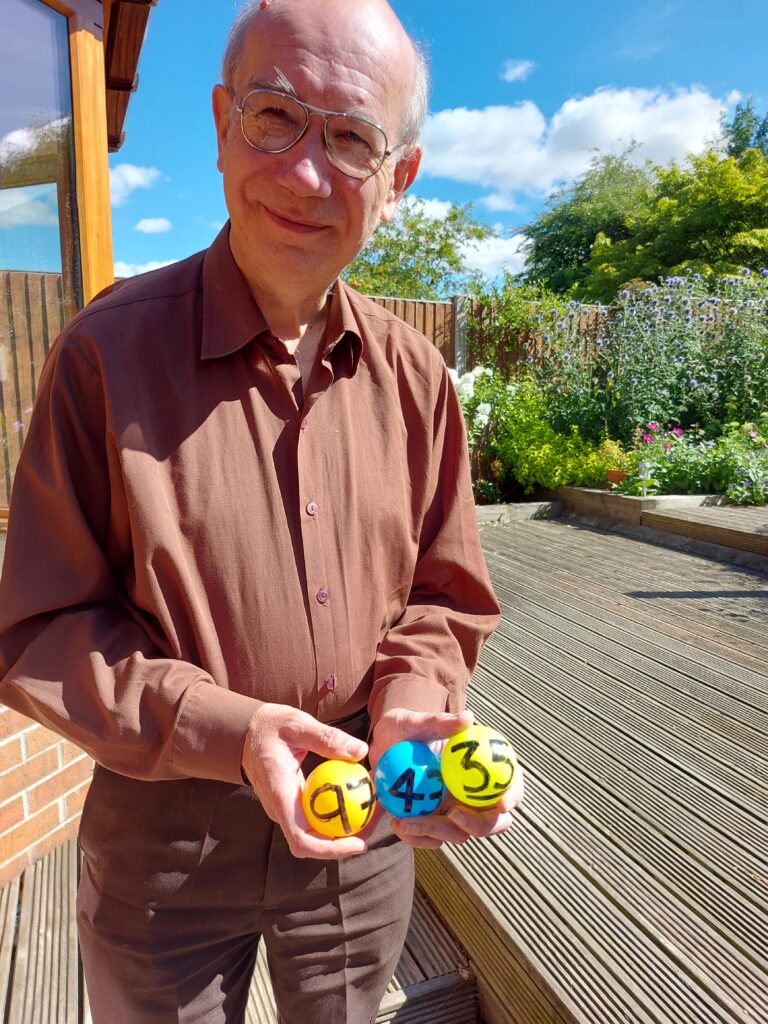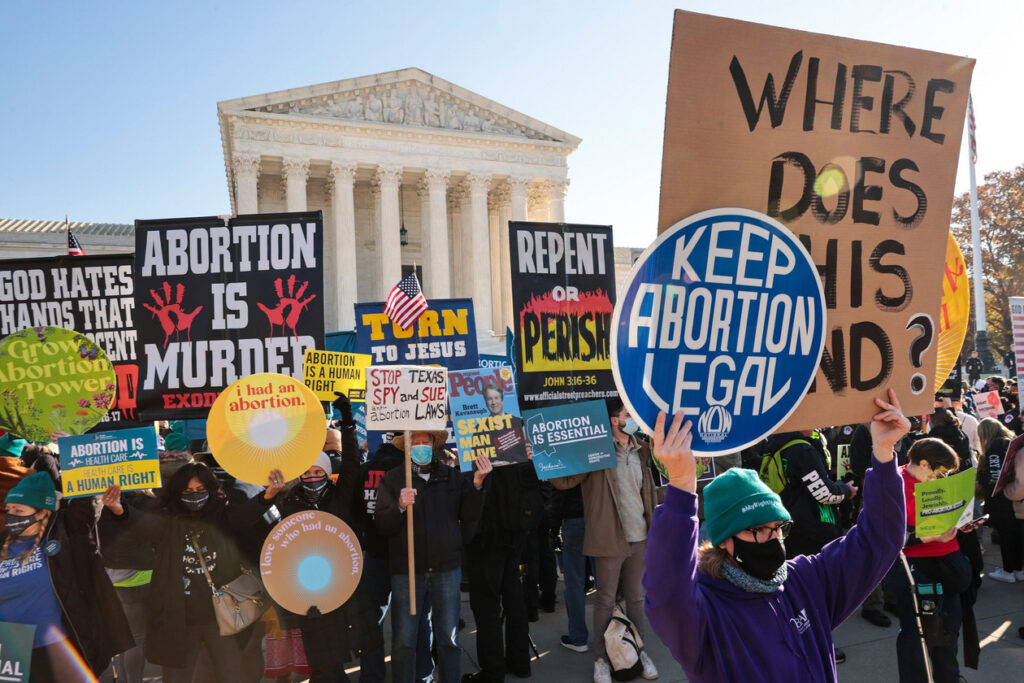
Some of you may already know the above phrase; it was coined by Dame Deborah James, the school teacher who has recently died from bowel cancer, but in her manner of death shown us how to live. Knowing full well she was going to die, Dame Deborah decided to live to the full, to raise awareness of bowel cancer, to raise funds for research into it and simply to enjoy life in the face of death.
I was somewhat surprised to find out the Dame Deborah had opted for a church funeral; not the choice of the majority these days. Then I discovered she had been a head teacher at a Roman Catholic school. My understanding is that she found faith hard after her diagnosis; she was perhaps angry with God for what was happening to her. Jesus wasn’t exactly pleased when he prayed to his Father immediately before he was arrested and sentenced to be crucified. But the phrase “rebellious hope” seems to me to straight from the Judeo-Christian tradition; it describes the Old Testament prophets who dared to hope that God was still with his people in the face of disaster, it describes the attitude of the New Testament Christians who proclaimed their faith in the face of persecution and it also seems very appropriate to describe the message of Jesus himself, who accepted death to bring life. It is a phrase for anyone who dares to hope when life is at its most grim; for those who believe that the Kingdom of God is present in our broken world.








